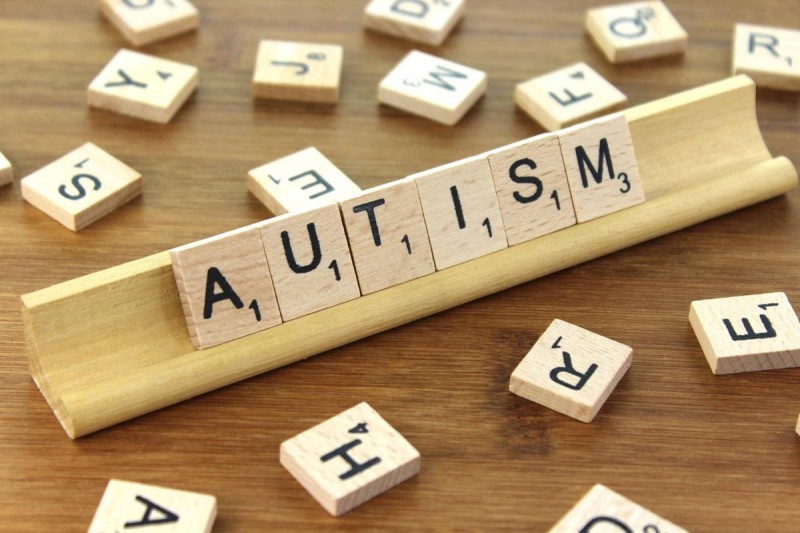
Autism is a complex neurodevelopmental disorder that affects individuals in various ways, making it a unique and diverse condition. This article delves into the intricate world of autism, shedding light on its definition, symptoms, types, causes, diagnosis, treatment, and the importance of early intervention. Additionally, we explore the significance of understanding and supporting individuals with autism, fostering an inclusive and compassionate society.
Definition of Autism
Autism, also known as Autism Spectrum Disorder (ASD), is a neurological condition that impacts an individual's social communication, behavior, and interaction patterns. It is characterized by a broad range of symptoms, making each person's experience distinct. Autism is not a disease or an illness but rather a spectrum, signifying the vast differences in how it affects individuals.
Signs and Symptoms
3.1 Early Signs in Infancy
Autism symptoms may start manifesting in early childhood, with subtle signs often noticed during infancy. These may include delayed or limited gestures, lack of eye contact, and a preference for playing alone.
3.2 Social Communication Challenges
Children with autism may find it challenging to understand and use verbal and non-verbal communication cues. They might struggle with maintaining conversations and interpreting gestures and facial expressions.
3.3 Repetitive Behaviors and Restricted Interests
Individuals with autism may exhibit repetitive behaviors, such as hand-flapping, rocking, or fixation on specific objects or topics. They might show intense interests in a narrow range of subjects.
Types of Autism Spectrum Disorder
4.1 Asperger Syndrome
Asperger Syndrome is a subtype of autism where individuals have average or above-average intelligence. They often excel in specific areas of interest but may struggle with social interactions.
4.2 Childhood Disintegrative Disorder (CDD)
CDD is a rare condition within the autism spectrum where a child experiences significant regression in social and language skills after a period of normal development.
4.3 Pervasive Developmental Disorder Not Otherwise Specified (PDD-NOS)
PDD-NOS is a diagnosis given to individuals who exhibit some autistic traits but do not meet the specific criteria for other autism subtypes.
4.4 Autistic Disorder
Also known as classic autism, this is the most commonly recognized form of autism. It involves significant challenges in communication, social interaction, and behavior.
Causes and Risk Factors
5.1 Genetic Factors
Genetic factors play a crucial role in autism. Certain genes and gene mutations have been linked to an increased risk of developing the disorder.
5.2 Environmental Factors
Although the exact role of environmental factors is not fully understood, some studies suggest that prenatal and early-life exposure to certain environmental influences may contribute to autism.
5.3 Neurological Factors
Research has shown that differences in brain structure and function might be associated with autism. However, the exact neurological mechanisms remain under investigation.
Diagnosing Autism
6.1 Developmental Screening
Early developmental screening is essential to identify signs of autism and initiate timely interventions. It involves observing a child's behavior and milestones to assess their development.
6.2 Comprehensive Diagnostic Evaluation
A comprehensive evaluation conducted by a team of specialists, including psychologists, pediatricians, and speech therapists, is necessary to diagnose autism accurately.
6.3 Autism Spectrum Disorder Severity Levels
The severity of autism can vary widely among individuals. It is often categorized into levels based on the support and assistance required.
Treatment and Intervention
7.1 Applied Behavior Analysis (ABA)
ABA is a widely recognized and effective treatment for autism, focusing on improving communication, social, and behavioral skills through positive reinforcement.
7.2 Speech Therapy
Speech therapy helps individuals with autism improve their communication skills, language development, and ability to express their needs and emotions effectively.
7.3 Occupational Therapy
Occupational therapy addresses sensory and motor skill challenges, enhancing an individual's ability to participate in daily activities and improve overall independence.
7.4 Medications
In some cases, medications may be prescribed to manage specific symptoms associated with autism, such as hyperactivity, anxiety, or obsessive-compulsive behaviors.
Early Intervention for Better Outcomes
Early intervention is crucial in optimizing outcomes for individuals with autism. Intensive therapies and support during early childhood can significantly improve developmental progress and long-term functioning.
Embracing Autism: Shifting Perspectives
Understanding and embracing autism is essential for creating an inclusive society. Emphasizing the unique abilities and strengths of individuals with autism fosters appreciation and acceptance.
Supporting Individuals with Autism
Providing support and accommodations to individuals with autism is vital in helping them lead fulfilling lives. Creating inclusive environments and promoting empathy and understanding are essential.
Living with Autism: Challenges and Triumphs
Living with autism presents unique challenges for individuals and their families. However, with proper support and resources, many individuals with autism can achieve significant accomplishments.
The Role of Family and Community
Families and communities play a crucial role in supporting individuals with autism. Creating a nurturing and understanding environment contributes to their overall well-being and development.
Autism Advocacy and Awareness
Advocacy and awareness initiatives are essential in dispelling myths and misconceptions about autism, promoting early diagnosis, and advocating for accessible resources and support.
Breaking Myths and Misconceptions
Addressing misconceptions about autism is crucial in creating a more accepting and compassionate society. Increased awareness helps combat stigma and discrimination.
Autism is a diverse and complex spectrum disorder that requires a comprehensive understanding and compassionate approach. Embracing the unique qualities of individuals with autism fosters inclusivity and empowers them to thrive in a supportive environment.
Can eating curd in the rainy season spoil your health? Know the myths related to it and their truth
How to Easily Ease Chest Congestion: Quick Remedies at Your Fingertips